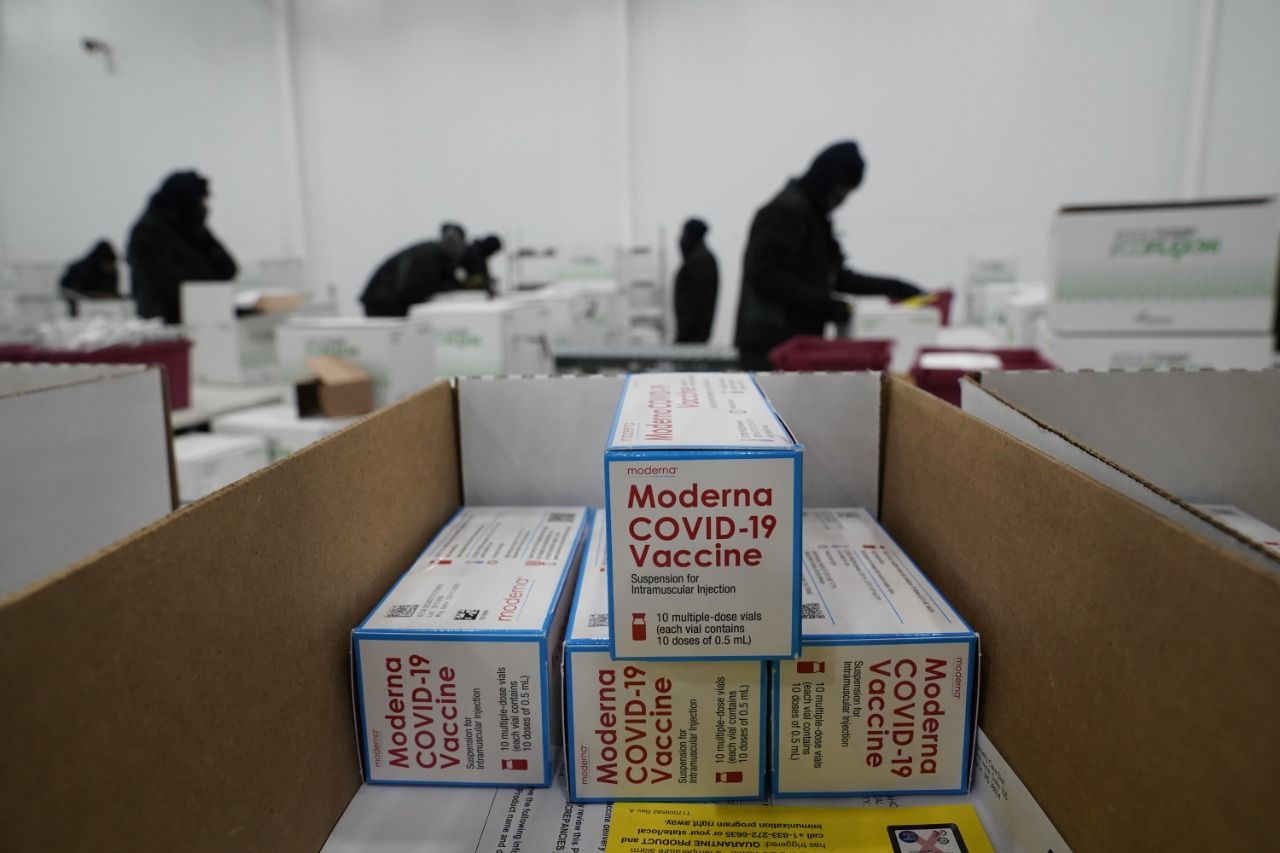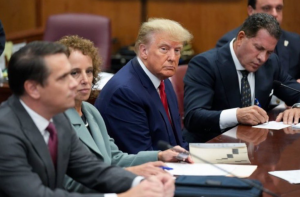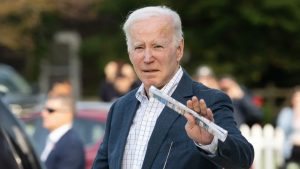US-based pharmaceutical giant Moderna announced on Wednesday that the vaccine for the South African COVID-19 variant is ready and has been dispatched for testing at the United States National Institutes of Health.
Stephane Bancel, the CEO of the company said, “We look forward to beginning the clinical study of our variant booster and are grateful for the NIH’s continued collaboration to combat this pandemic”, reported AFP.
Also Read: Mass ‘real world’ study confirms Pfizer vaccine’s efficacy
Out of the multiple strains of the virus that have been emerging around the world, the South African strain has been often described as the dangerous one as it has the capacity of breaching through the safety provided by the antibodies of the original strain.
Some researchers have found that the vaccines have been rendered moot in fighting the South African strain, which makes the variant even more caution-worthy.
While initial testing has shown that Moderna’s original vaccine — called mRNA-1273 — remains effective against emerging variants, the company said it was pursuing the development of a variant-specific vaccine as part of a number of strategies being considered.
Either a South Africa variant-specific candidate, called mRNA-1273.351, could be used as a booster, or the company might use a booster that combines the classic vaccine with the variant-specific mRNA-1273.351 to create a new product.
Another idea is that people could receive a third dose of the classic vaccine to raise their overall immunity.
Also Read: US House votes Friday on $1.9 tn COVID stimulus plan
Some plans suggest the new vaccine should be made the primary jab for building better immunity against the new strain.
In a sigh of relief, the United States Food and Drug Administration said that the vaccines specially designed to tackle variants will not be jumping through as many hoops as the initial authorisation process.
Moderna also announced it was raising its global manufacturing capacity and would be able to produce up to 1.4 billion doses of its vaccine in 2022 if needed.







